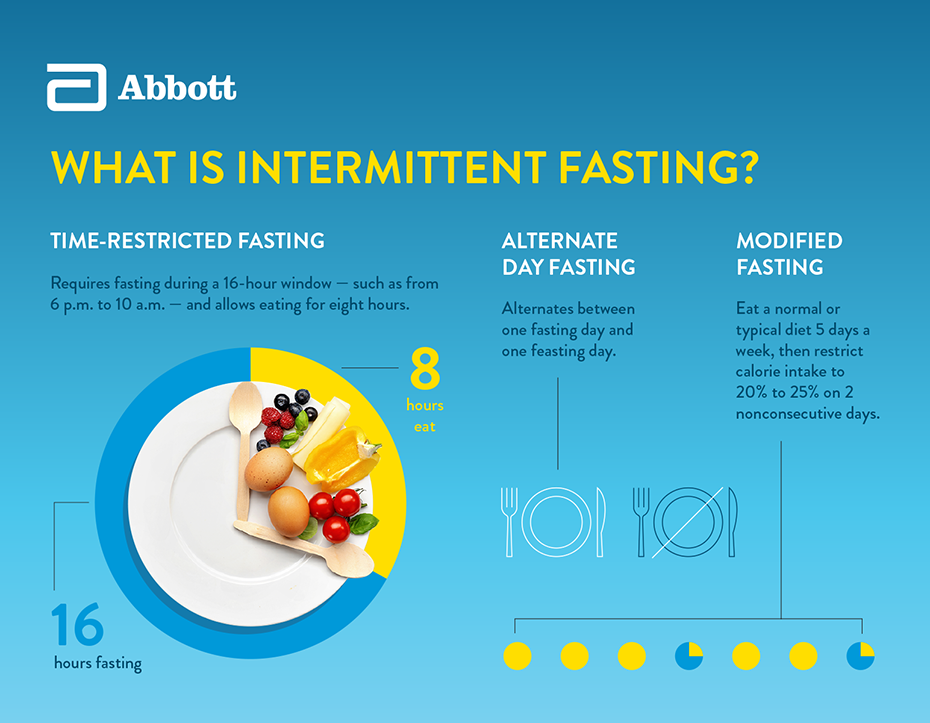Intermittent fasting has become a popular way to use your body’s natural fat-burning ability to lose fat in a short period of time. However, many people want to know, does intermittent fasting work and how exactly does it work? When you go for an extended period of time without eating, your body changes the way that it produces hormones and enzymes, which can be beneficial for fat loss. These are the main fasting benefits and how they achieve those benefits.
Hormones form the basis of metabolic functions including the rate at which you burn fat. Growth hormone is produced by your body and promotes the breakdown of fat in the body to provide energy. When you fast for a period of time, your body starts to increase its growth hormone production. Also, fasting works to decrease the amount of insulin present in the bloodstream, ensuring that your body burns fat instead of storing it.
A short term fast that lasts 12-72 hours increases the metabolism and adrenaline levels. Causing you to increase the amount of calories burned. Additionally, people who fast also achieve greater energy through increased adrenaline. Helping them to not feel tired even though they are not receiving calories generally. Although you may feel as fasting should result in decreased energy. The body compensates for this, ensuring a high calorie burning regime.
Most people who eat every 3-5 hours primarily burn sugar instead of fat. Fasting for longer periods shifts your metabolism to burning fat. By the end of a 24-hour fast day, your body has used up glycogen stores in the first few hours and has spent approximately 18 of those hours burning through fat stores in the body. For anyone who is regularly active, but still struggles with fat loss. Intermittent fasting can help to increase fat loss without having to ramp up a workout regime or drastically alter a diet plan.
Another benefit of intermittent fasting is that it essentially resets a person’s body. Going for a day or so without eating changes a person’s craving. Causing them to not feel as hungry over time. If you struggle with constantly wanting food, intermittent fasting can help your body adjust to periods of not eating and help you to not feel hungry constantly. Many people notice that they begin to eat healthier. And more controlled diets when they fast intermittently one day a week.

